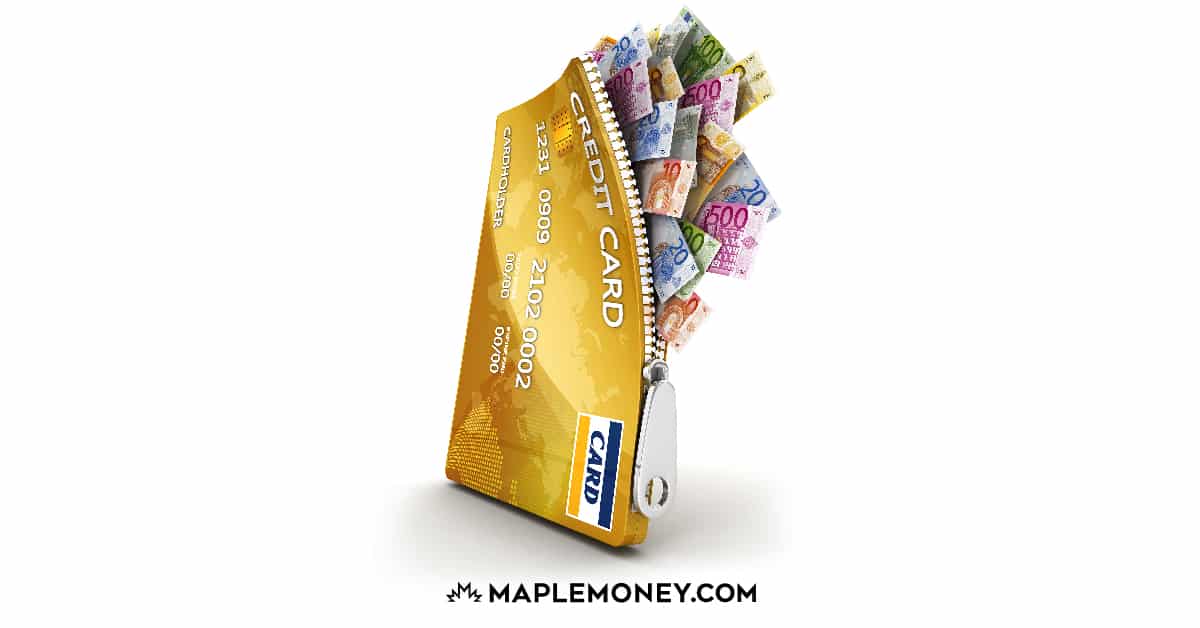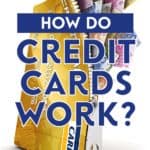How do credit cards work?

Plastic is becoming one of the most popular ways to pay. And no wonder: It’s convenient and relatively safe.
With credit cards, you don’t need to carry around wads of cash, and if your credit card is stolen, you aren’t liable for purchases. If your cash is stolen, it’s gone.
But how do credit cards work?
The technical transaction
Each credit card as information embedded somewhere on the card. This information might be in a magnetic strip, or in a small chip in the card. Your account number, bank information, and other items are stored on the card and can be accessed by the right terminal.
Once your card is used with the terminal, an “acquirer” is contacted. The acquirer makes it a point to collect requests for authorization as well as guarantee payment.
As part of the process, communication is made with your card issuer, verifying that you have the funds in your account. The approval or denial is relayed back through the system. If your transaction is approved, the funds are reserved for the merchant and deducted from your available balance. At various steps, fees might be charged for payment processing.
All of this just takes a few seconds, and you know whether or not your purchase will be declined.
How do credit cards work on a practical personal finance level?
The theory behind credit cards is that you can buy something now, conveniently, and pay for it later. It’s important to understand that a credit card is a loan. The money you use isn’t yours.
With a credit card, you are given a credit line. You can spend up to that line. At the end of the month, the credit card issuer sends you a bill. You can choose to pay the bill in full, or you can finance the balance. If you finance the balance, you will be required to make a minimum payment.
Credit cards are tempting because you can get something now, without paying for it upfront. If you have a credit limit of $3,000, and you want something that costs $2,000, you can put that $2,000 on your credit card… even if you don’t have the money in your chequing account. Instead of coming up with the full amount, you come up with nothing, and the minimum payment is usually very manageable.
The minimum payment is usually enough to cover the interest charges, and then put a very small amount toward your principal. If you have a high-interest rate (it’s not uncommon to see an interest rate of more than 19% APR), it can take years to pay off your credit card and you might pay triple or quadruple what you originally borrowed.
Using credit cards to best advantage
It’s possible to use credit cards as part of your financial plan if you are careful. You can use a rewards credit card to earn cashback and free travel. However, in order for it to be effective, you have to pay off the credit card at the end of each month.
Your rewards can’t compete with the huge interest rates charged by most credit card issuers. If you carry a balance, you will most likely end up paying far too much for your purchases.


Comments
nice post telling about working of credit cards. very useful post.
When I first obtained a credit card at a young age, I definitely had the mindset of just spending money so easily without really realizing I didn’t actually have that money. Knowing that money was able to be spend was really scary at first. I eventually got the hang of it once I racked up a large bill and ever since then learned my lesson.
It still drives me nuts when I hear people say “cut up your credit cards”. Credit cards are a tool and like most tools there are correct ways and incorrect ways to use them. I agree with you Tom that the rewards can’t compete with the high interests rates, so they MUST be paid off in full every month (no exceptions). If someone needs a loan, there are MUCH cheaper alternatives than using a credit card.
Now research how credit card companies work and why no one should ever use a credit card — ever.
That is unless you enjoy paying higher prices for everything across the board and supporting a “fraudulent” industry & system.
Charge it!